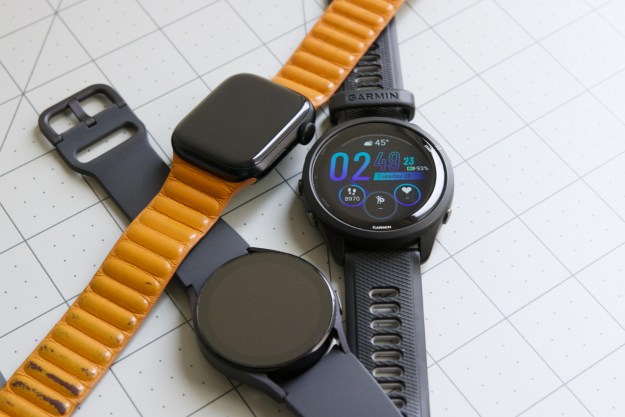Google is facing a $5 billion proposed class-action lawsuit for allegedly tracking users even in the private browsing mode. Filed in the U.S. District Court for the Northern District of California, the complaint accuses the search engine giant of collecting consumers’ browsing history and habits indirectly through website plug-ins.
The lawsuit claims Google’s incognito mode offers users the false impression that their internet use would not be intercepted and intentionally deceives them into believing they retain control of their browsing information.
“Google tracks and collects consumer browsing history and other web activity data no matter what safeguards consumers undertake to protect their data privacy,” said the complaint. By adopting these practices, the complaint added, Google is in violation of the Federal Wiretap Act, a statute that grants users the right to sue if their private communications are tapped.
Specifically, the complaint argues Google surreptitiously tracks users through the many third-party services it offers to publishers and websites such as Google Analytics, Google Ad Manager, and more.
In a statement, a Google spokesperson told Digital Trends that the company strongly disputes these claims and that it will defend itself vigorously.
“Incognito mode in Chrome gives you the choice to browse the internet without your activity being saved to your browser or device. As we clearly state each time you open a new incognito tab, websites might be able to collect information about your browsing activity during your session,” the spokesperson added.
In Chrome’s help page, Google states that the incognito mode doesn’t “prevent your activity or location from being visible to the websites you visit, your school, employer, or your Internet Service provider.”
The complaint, which was filed by three Google users based in Los Angeles and Florida, seeks damages for “millions of users” of $5,000 or three times actual damages, whichever is greater.
Several studies have found that the private browsing mode simply is designed to prevent the browser from locally collecting your data and syncing it with your account directly. However, it’s still possible for websites to track you and store the information you offer them.
Two years ago, a researcher from Vanderbilt University in Nashville, Tennessee said that while incognito data is collected with user-anonymous identifiers, “Google has the ability to connect this collected information with a user’s personal credentials stored in their Google Account.”
Editors' Recommendations
- 5 ways the Samsung Galaxy S24 beats the Google Pixel 8
- 5 phones you should buy instead of the Google Pixel 8
- Google just settled a $5B privacy suit involving Chrome browser
- Google Pixel 8 Pro users are finding weird ways to use the phone
- Don’t buy the Google Pixel 8 — 5 reasons to wait for the Pixel 9



